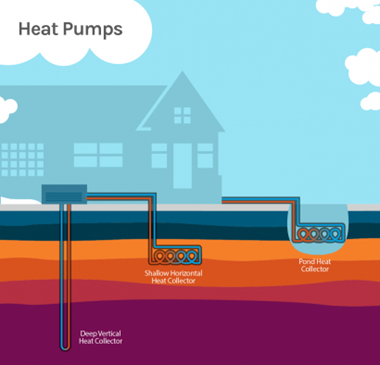
BIKE RODEO
2025!
SAT, MAY 17TH
SUSTAINABLE BRIEFS
Artificial intelligence (AI) may be the next best thing since sliced bread, but it doesn’t come free. New Jersey electricity rates are soaring largely because of power-sucking AI data centers. Starting June 1, New Jersey electricity rate increases will range from 17% to 20%, depending on customers’ service areas. More here.
Interestingly enough, Paris said au revoir to cars…and the results? Substantially better air quality. Air pollution is often described by health experts as a silent killer, and this change shows how ambitious policymaking can directly improve health in large cities. More here.
New Jersey has a growing plastic pollution crisis — 82% of items collected on local beaches were reportedly plastic, and residents are paying with their health (in addition to their taxes). Learn more about the proposed Packaging Product Stewardship Act in the state legislature.
THE LATEST NEWS ON CLEAN ENERGY INCENTIVES
The NJ Electrification Coaching Network recently presented a thorough article on current clean energy incentives available from multiple programs through three different sources – the state of NJ, your public electric or natural gas utility, and the federal government. It’s excellent information for renters, homeowners, businesses, nonprofits and government. See here for the full account.
Are you a homeowner searching at this point just for those great programs from the State of NJ for ways to save on your energy costs? Look no more! Summarized on one page are the various currently available programs offered, including appliance rebates and recycling, utility bill assistance, solar help, electric vehicle incentives, etc. Check out these offerings here.

Geothermal Heat Pumps: Worth Considering
Geothermal heat pumps (GHP), also known as ground-source heat pumps, can heat, cool, and even supply hot water to a home by transferring heat to or from the ground.
GHPs take advantage of these constant below ground temperatures to heat homes in the winter and cool them in the summer.
This ground temperature is warmer than the air above it during the winter and cooler than the air in the summer. The GHP takes advantage of the constant subsurface temperatures by exchanging heat with the earth through a ground heat exchanger. The ground provides a type of thermal energy storage, which allows GHPs to act as a heat sink—absorbing excess heat during summer, when surface temperatures are relatively higher—and as a heat source during the winter, when surface temperatures are lower. This increases efficiency and reduces the energy used to heat and cool homes.
For more info on this increasingly popular heating/cooling alternative, see here.




